
Maurice Mulvenna
Maurice Mulvenna is Professor of Computer Science at Ulster University. His research areas include computing and mental health, artificial intelligence, digital wellbeing, innovation and assistive technologies. He was co-chair of the 32nd British Human-Computer Interaction conference in 2018 and both the 31st European Cognitive Ergonomics Conference (ECCE-2019) and the 5th IEEE International Conference on Internet of People (IoP-2019) in 2019. He is a senior member of the Association for Computing Machinery. He joined the EACE board in 2019.
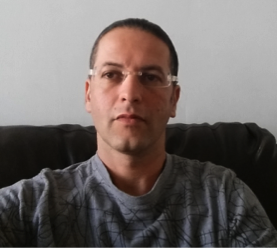
Assaf Botzer
Assaf Botzer received his MSc and Ph.D. from the department of industrial engineering & management at Ben-Gurion University, Israel, where he specialized in Human Factors engineering. His former education was in Psychology. He is currently a faculty member at the department of industrial engineering and management at Ariel University, Israel. He specializes in cognitive engineering and studies decision making with decision support systems, interaction styles under stress, physiological responses to effort and stress and human interaction with gaze-interfaces. He has joined the EACE board as an observer in 2013.
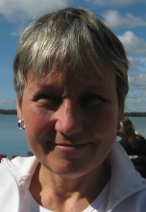
Marja Liinasuo
Marja Liinasuo's work experience covers mental health care, training and human factors studies. She has Ph.D. in psychology in human visual perception and has been working in the domain of Human Factors Engineering since 2005. Currently she works as Senior Scientist in VTT Technical Research Centre of Finland. There, she has participated in national and international research projects on complex work systems. These projects have focused on the evaluation and development of human work practices and tools in various, mostly safety-critical domains such as emergency response, nuclear energy production or telecommunication. Since 2013 she is Assesseur of the European Association of Cognitive Ergonomics (EACE).
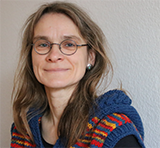
Anke Dittmar
Anke Dittmar received her PhD degree on task modeling. Her educational background is in computer science. She has been a long-time educator in human-computer interaction, interaction design and software engineering. Currently she works at the department of computer science at Rostock University, Germany. Her research interests include user centered design methods, design representations, collaborative design activities, task modelling, and empirical studies of artefact use. Anke was co-chair of the European Conference on Cognitive Ergonomics (ECCE) in 2011 and 2015. She was elected President EACE from 2017-2024.
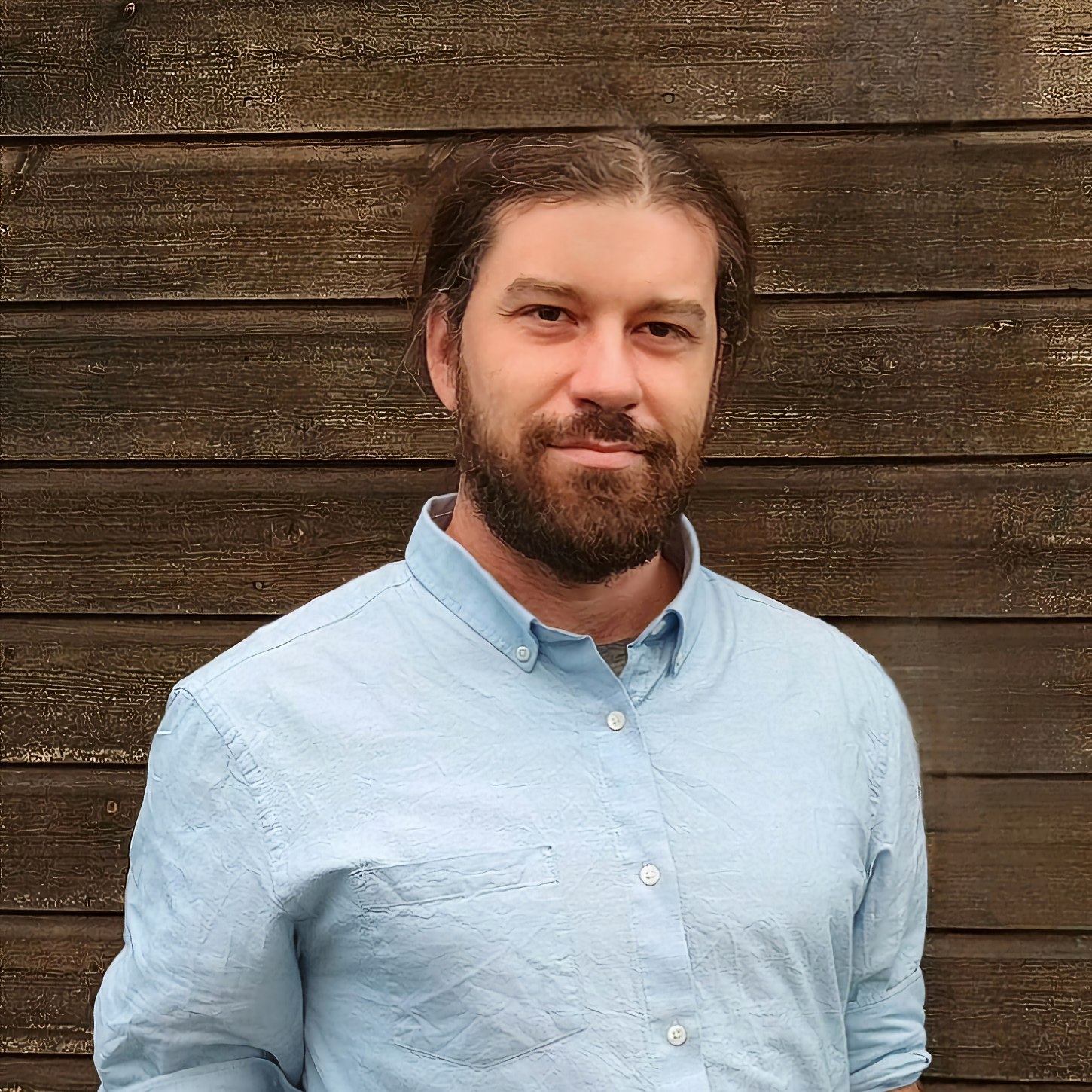
Simone Grassini
Simone Grassini has professional experience in experimental psychology and cognitive neuroscience. Within the field of cognitive ergonomics and human-computer interaction, his expertise particularly focuses on the psychological dynamics at play during the use of virtual/augmented reality, as well as the interactions between humans and artificial intelligence. Presently, he is affiliated with the Department of Psychosocial Science at the University of Bergen (Norway). His research methodology incorporates behavioral studies, psychological surveys, psychophysiological indices, and neurophysiological markers to investigate his areas of interest.

Dianne Murray
Dianne Murray has been active in the HCI field since 1979, with a joint degree in CS and Psychology. As a research scientist in a UK government laboratory she carried out some of the earliest work in adaptive interfaces. She then held a Senior Fellowship in an innovative multidisciplinary research group. She has been a long-time educator in HCI and SE and is a highly experienced usability consultant. In 2012, she was elected President EACE, serving for four years, and remains on the Executive Committee as an Advisor. She was Editor-in-Chief for the journal “Interacting with Computers” for the past 16 years. She has published and edited 8 books, the most recent being “Interacting with Presence in VR” and the previous publication on personal privacy concerns in “Usability in Government Systems”.

Harry J. Witchel
Harry J. Witchel is Discipline Leader of Physiology on the University of Sussex site of Brighton and Sussex Medical School (UK). His team researches the interplay between cognitive engagement and human movement for mitigating the effects of boredom and mind wandering in order to improve work performance and study. In 2016 his team published biomechanical evidence that human engagement leads to inhibition of non-instrumental activity, which was covered by the international news media. He has won two national and 11 university awards for teaching. He joined the EACE board in 2021.
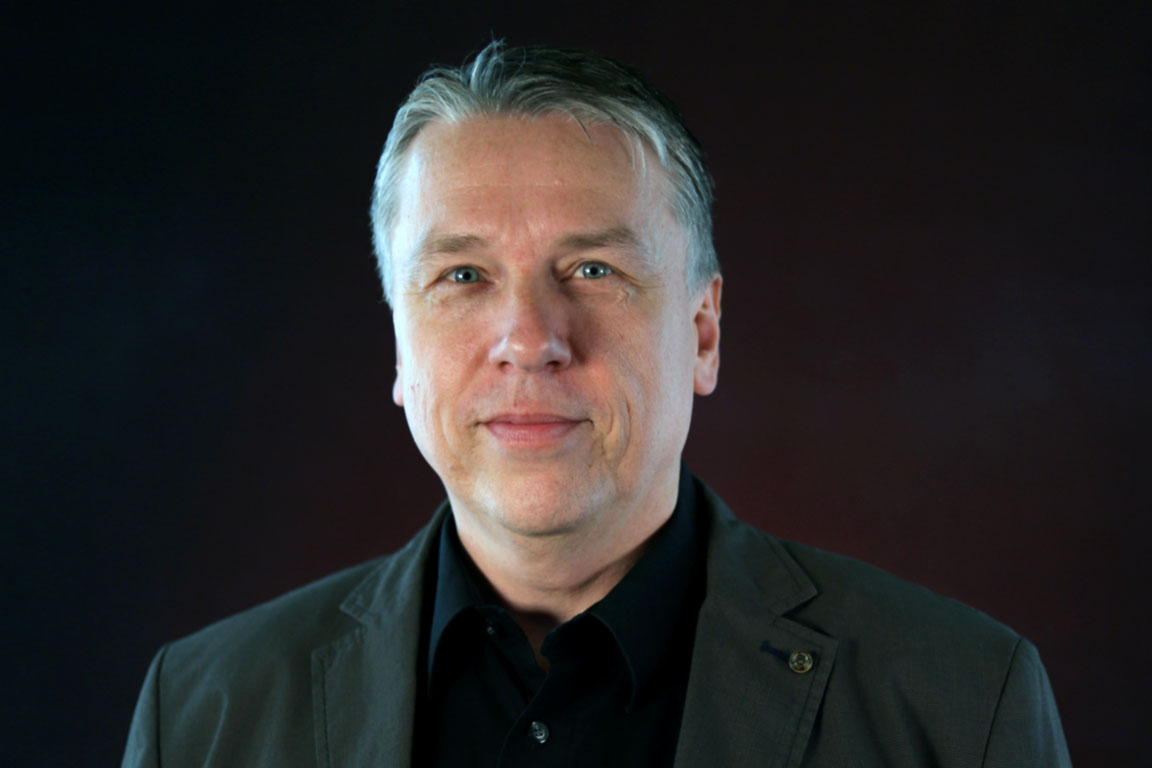
Achim Ebert
Achim Ebert holds a degree and a doctor in Computer Science. He is heading the Human-Computer Interaction lab at the University of Kaiserslautern-Landau (RPTU). His team researches manifold topics especially in the areas of Extended Reality (XR), scalable interaction techniques, and information visualization. He has founded and is co-heading the IFIP working group 13.7 on Human-Computer Interaction and Visualization. Achim co-organized more than 15 workshops and chaired the European Conference on Cognitive Ergonomics (ECCE) 2022.
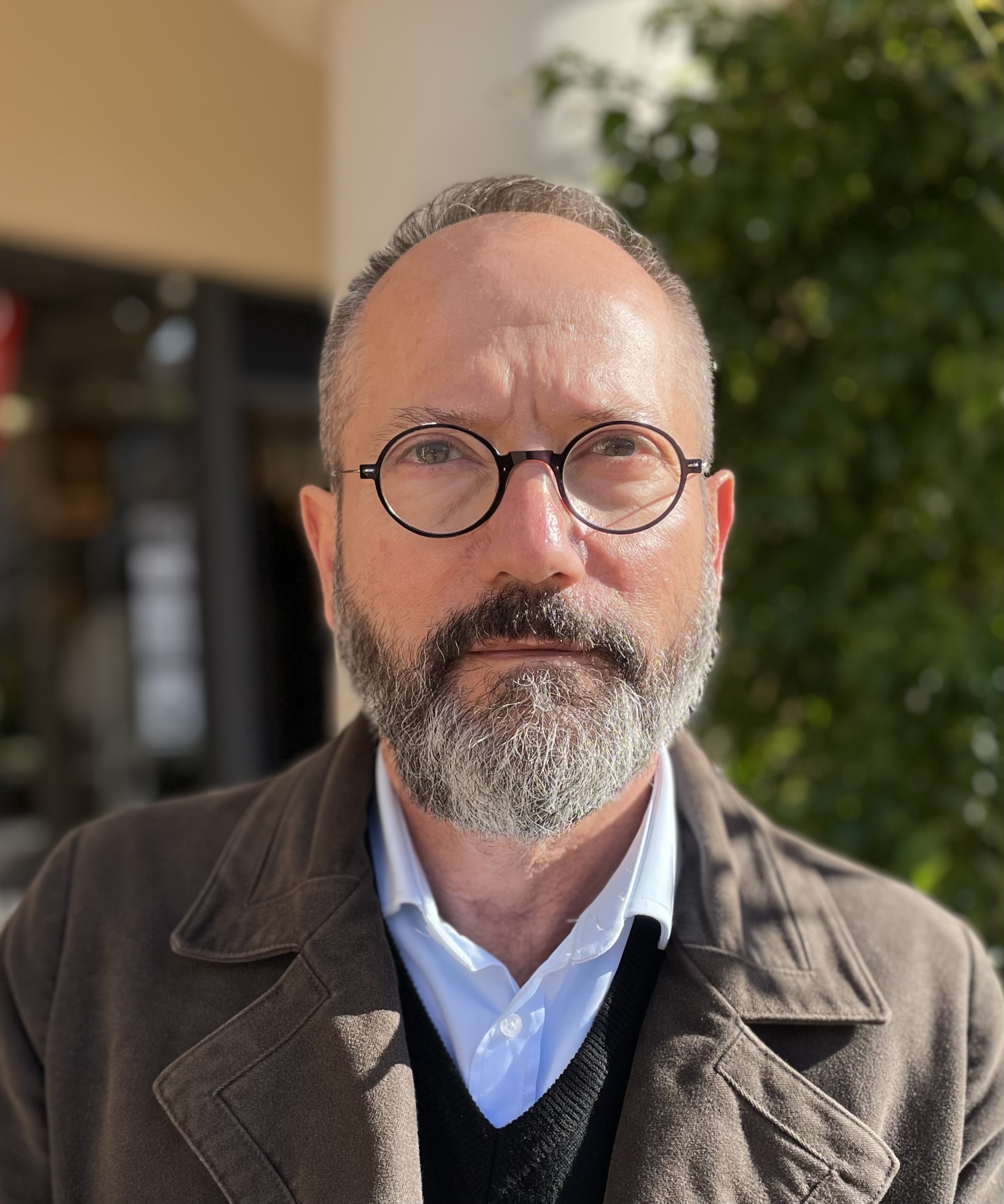
Oronzo Parlangeli
Oronzo Parlangeli is Associate Professor of psychology at the University of Siena, Department of Social, Political and Cognitive Sciences, where he leads the laboratory of "Design of Work Environments". From 2007 to 2010 he was National President of the Italian Society of Ergonomics -SIE- and since 2019 he is Chairman of the Committee for Ethical Research in the Humanities and Social Sciences – CAREUS - at the University of Siena. His main research interests and focus on the study of cognitive processes, such as perceptual and learning processes, and the relationships between these and ergonomics, human factors, work-related stress, and the design and evaluation of the usability of interfaces. Recently he has also turned his interests to areas such as social robotics, sustainability of human-technology relationships, and ethics in organizational settings. He joined the EACE board in 2022.

Raymond Bond
Raymond is a Professor of Human-Computer Systems at Ulster University. Raymond's work has involved the application of human-computer interaction (e.g. UX data analysis), the use of data science/machine learning algorithms in healthcare, human-AI interaction (e.g. decision making) as well as the design and testing of digital health interventions. Raymond has over 450 research outputs and has chaired/co-chaired a number of conferences/events: 1) 32nd International BCS Human Computer Interaction conference, 2) the 45th/ 46th Annual Conference of the International Society for Computerised Electrocardiology, 3) the 31st Annual European Conference of Cognitive Ergonomics , 4) International Digital Mental Health and Wellbeing Conference and 5) the 15th Irish Human Computer Interaction (iHCI) Symposium. Raymond obtained his BSc(hons) and PhD in the School of Computing and Mathematics (Ulster University). He is a Senior Fellow of the UK Higher Education Academy and is a Distinguished Research Fellow at Ulster.

Stéphane Safin
Stéphane Safin is Associate Professor of cognitive Ergonomics at Télécom Paris (Institut Polytechnique de Paris), a digital engineering school in France. His research focuses on the study of creative activity in design, in architecture, industrial design and interaction design. It aims to understand and describe the cognitive processes involved in creative activities and to analyse the instrumental and reflexive dimensions of creativity and design. In particular, his work has focus on the use different fuzzy representational media– traditional freehand drawing, digital sketching, physical mock-up, VR, etc. – in cognitive activites of design ; on the use of external representations in remote collaboration in design ; and on the methodological and representational support to participatory design, and especially in co-design and co-creation, where users and designers co-elaborate projects and projects’ representations. He joined EACE Board in 2022, as legal affair responsible, and is ECCE 2024 Co-chair.